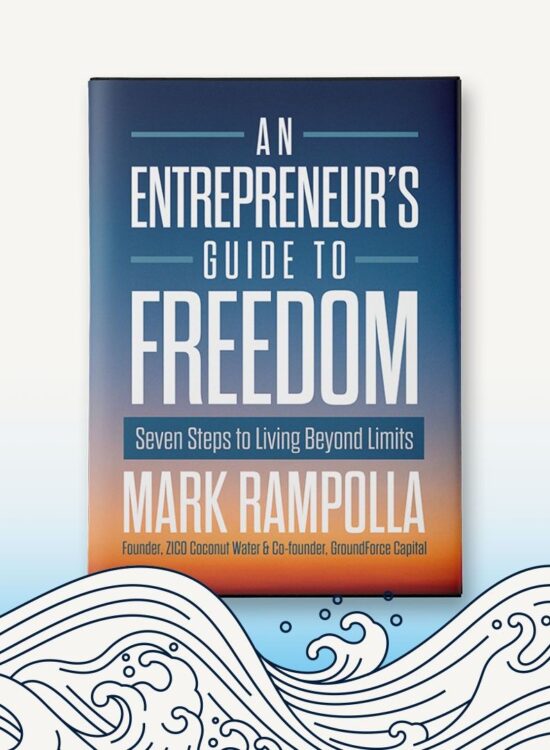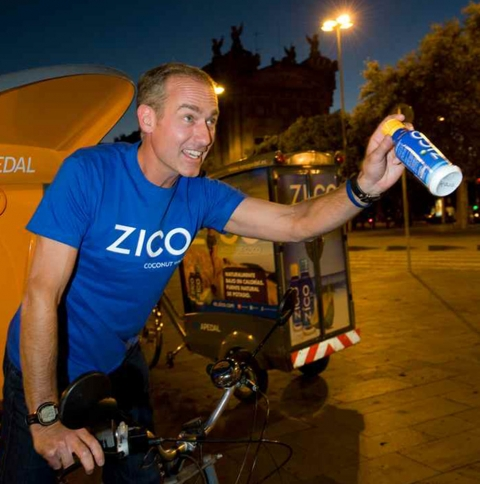At PowerPlant Partners, Operations are in Our DNA
Dan Gluck — June 14, 2022
The chia seed might not get much attention in the U.S., but to the Tarahumara tribe in Mexico’s Copper Canyon region, it is a cornerstone of the local diet. They live very simple lives through hunting and gathering, and one of their main sources of nutrition and energy is chia seeds.
They’re onto something too, since the Tarahumara are known as some of the strongest endurance athletes on the planet, capable of running hundreds of miles at a time without rest and chasing prey for days at a time, fueled by little more than seeds.
I first learned about the tribe and the power of their tiny superfood when I read the book “Born to Run,” which came out in 2011 and profiled the group as well as a mysterious White runner who joined them every year on long runs through the canyons. But it was the nutritional benefits of the chia seeds themselves that jumped out at me, in part because I was actively training for and competing in Ironman triathlons at the time, and knew how difficult it was to fuel up for long, grueling events.
So I tried it and quickly realized that this “homegrown Red Bull” lived up to the hype while also offering some amazing nutritional benefits. It didn’t take long before I was importing them to the U.S. and building a business, Health Warrior, around chia-based products. We had a global launch in Whole Foods stores and became the best-selling nutrition bar in our category before selling to PepsiCo in 2018.
I share this story not to highlight the exit but to better explain what brought me to PowerPlant Partners, because I wasn’t always an entrepreneur.
I cut my teeth in finance in the hedge fund world, learning about everything from modeling, to business strategy, to portfolio management and investing through multiple cycles. I was investing mostly in U.S. equities and real estate, but our mandate was global and so we were working with businesses all over the world as well.
But it was what I called my “side hustle” – Health Warrior – that was my true passion.
It fit with my personal interest in health and wellness, allowed me to apply the practical lessons I was learning as a competitive endurance athlete, and was giving me new insights into the inner workings of the consumer packaged goods business. In the end, I realized that there are more ways to make money in business than just sitting behind a Bloomberg terminal and investing in public companies. There was a way for me to match my passion for health and wellness with the investing experience I already had.
At the same time, an amazing opportunity was unfolding in front of me as all the big, publicly traded food companies were coming under significant pressure from insurgent brands like my own. It was a fundamental reset. So, I decided to reposition myself and my career to focus on the private markets where all the action was happening in health and wellness. It was a great mix of my entrepreneurial experience with my institutional investing experience.
And, for PowerPlant, this has made all the difference.
As former operators ourselves, we know exactly what our founders are going through and how difficult it is to scale a CPG company. It makes you much more empathetic to the challenges of building a business, particularly around managing large teams, and you have the repetitions down since you’ve seen it all before. You have a playbook and know how to tap it when your founders hit the wall or hit a plateau, which invariably every single business does.
This extends to the public side, as well.
Our institutional knowledge as former public market investors gives us a better understanding of what those types of investors are looking for so that we can help our portfolio companies position themselves with that end in mind. We know what questions they’re going to ask, what they need in terms of financial, what they want to see in corporate governance, etc. It can be easy for founders, particularly during times of market euphoria when companies can so easily go public, to lose sight of what it really means to be a public company and the oversight and quality that you need to be successful. Our experience brings a more disciplined understanding of what the process looks like, and what the demands are going to be, because I’ve looked at so many IPOs over the years and know that investors can sniff out the good ones and the bad ones pretty quickly.
At the end of the day, it’s all about helping our portfolio companies grow their businesses and achieve the outcomes we’re both looking for. From operations, to financials, to governance, we’ve been there before and know what it takes. And that type of advantage starts from the ground up.



